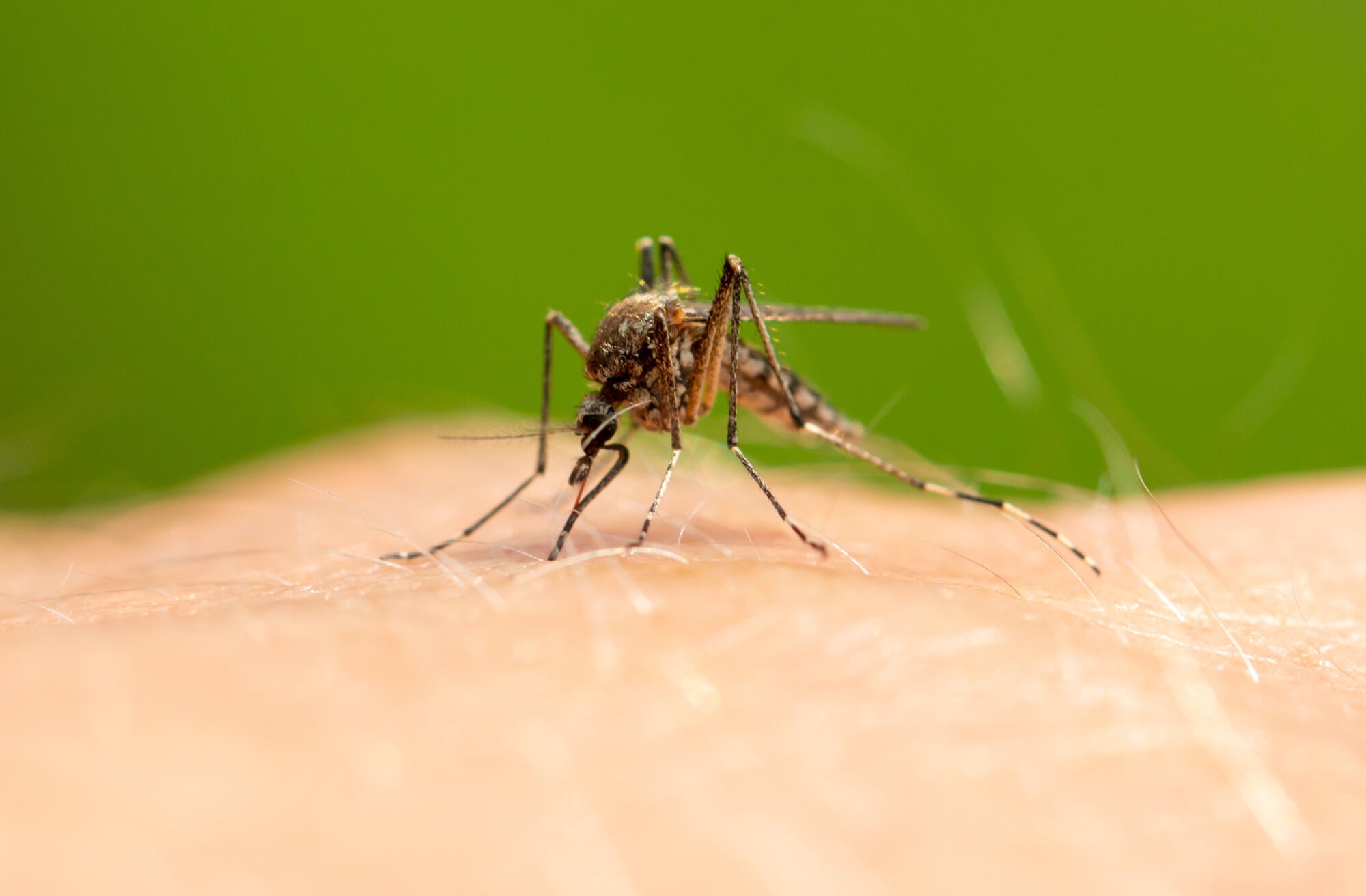
UK rise in insect bites this summer and tips how to deal with them
The NHS website has seen a substantial rise in people contacting them for advice on insect bites and stings this summer. Apparently three times more people have asked advice about this compared to this time last year. The biggest spike was between 12 – 18 June (when we had the UK heatwave).
Dame Ruth May, NHS England’s chief nursing officer said, ‘We often see a rise in insect bites and stings during the summer months, but the number of people seeking advice from the NHS has really spiked this year suggesting there has been a significant increase.”
As we know insect bites and stings are not normally serious and get better after a few days, but they can cause discomfort, itching, infection or in extreme cases, serious allergic reactions.
Bites from some insects can cause illnesses such as Lyme Disease from ticks so if in doubt, always see a doctor for a professional opinion if you’re worried after a rash develops after a a tick bite.
In the meantime, here’s our checklist of do’s and don’ts regarding insect bites and stings
Firstly, check if it’s an insect bite or sting.
Symptoms of an insect bite or sting are:
- A pain where you were bitten
- A small, swollen lump on the skin (the lump may look red and be more difficult to see on darker skin, but you should be able to feel it)
- Sometimes, there may be lots of bites grouped together in one area making it look more like a rash. Also, you may have a mild allergic reaction where the skin becomes itchy and raised around the bite or sting.
What can you do to ease symptoms?
- Firstly, if there is anything left on or in the skin after the bite or sting, you need to remove it carefully.
- If it’s a bee, wasp or hornet sting, do not use tweezers to pull out a stinger as you could squeeze poison out of it. Instead brush or scrape the stinger sideways with your fingernail or the edge of a bank card.
- If you are removing a tick, use a fine tipped tweezers or a tick-removal tool (if you have one). Grasp the tick as close to the skin as possible and slowly upwards.
- When there’s nothing left in your skin (or you’ve removed the sting), wash the area with antiseptic or soap and water to help lower the chance of infection. The bite or sting should get better within a few days but here are some other things you can do to ease symptoms:
- Use an ice pack for at least 20 minutes to reduce redness or swelling.
- Painkillers (paracetamol or ibuprofen) can be helpful if it’s really sore
- An antihistamine cream can help relieve itching.
- A hydrocortisone cream can help reduce itching and swelling.
- Try not to scratch the bite or sting, as it could get infected.
Seek medical attention from a doctor or pharmacist if you’re worried about an allergic reaction or call NHS 111.
If you are suffering from a skin condition and need support from an award-winning and highly respected Consultant Dermatologist, book an appointment today at Dr Veraitch's London Clinic.
Shop the full Dr. Ophelia skin care range here.
Shop Bestsellers




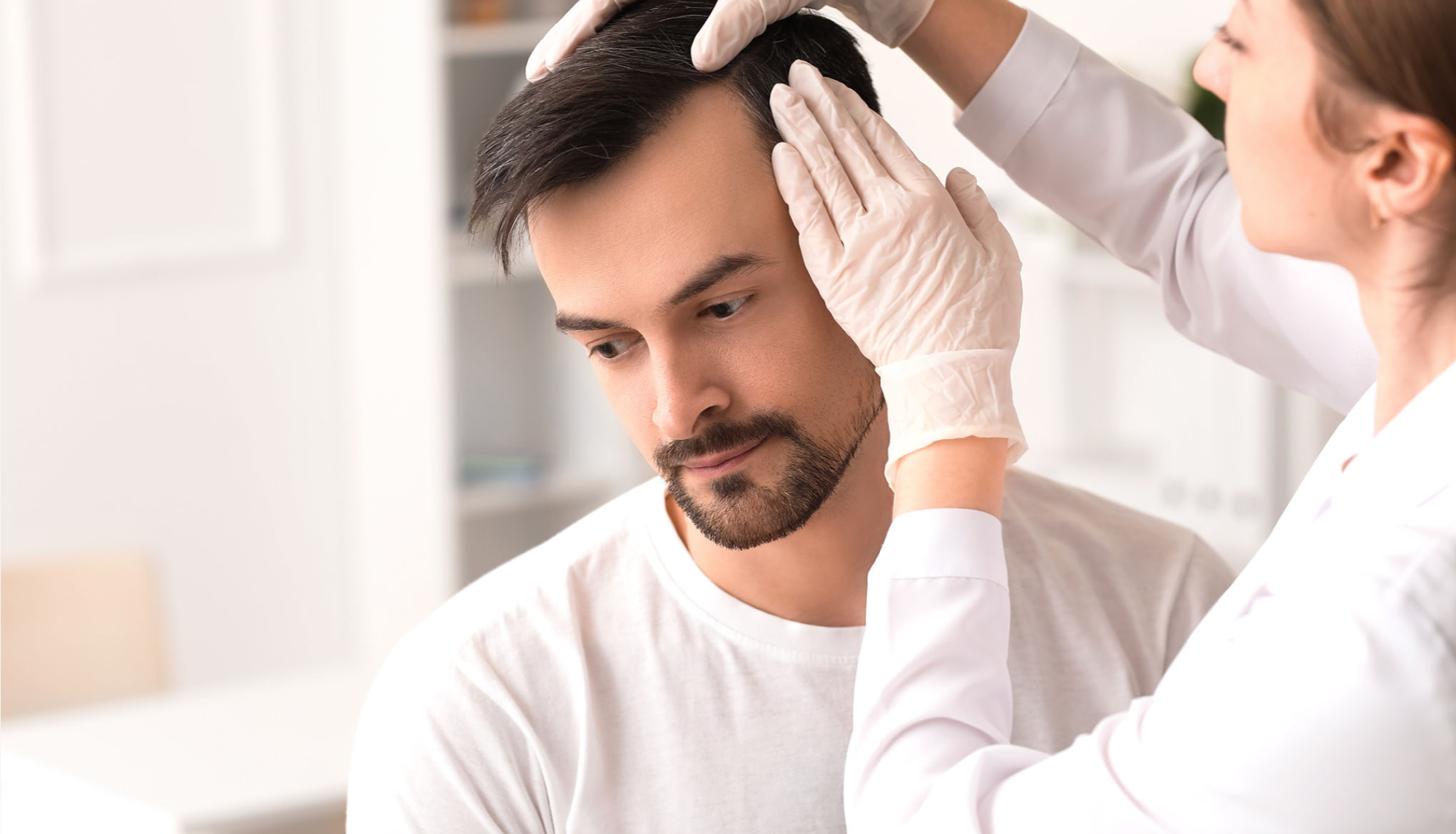
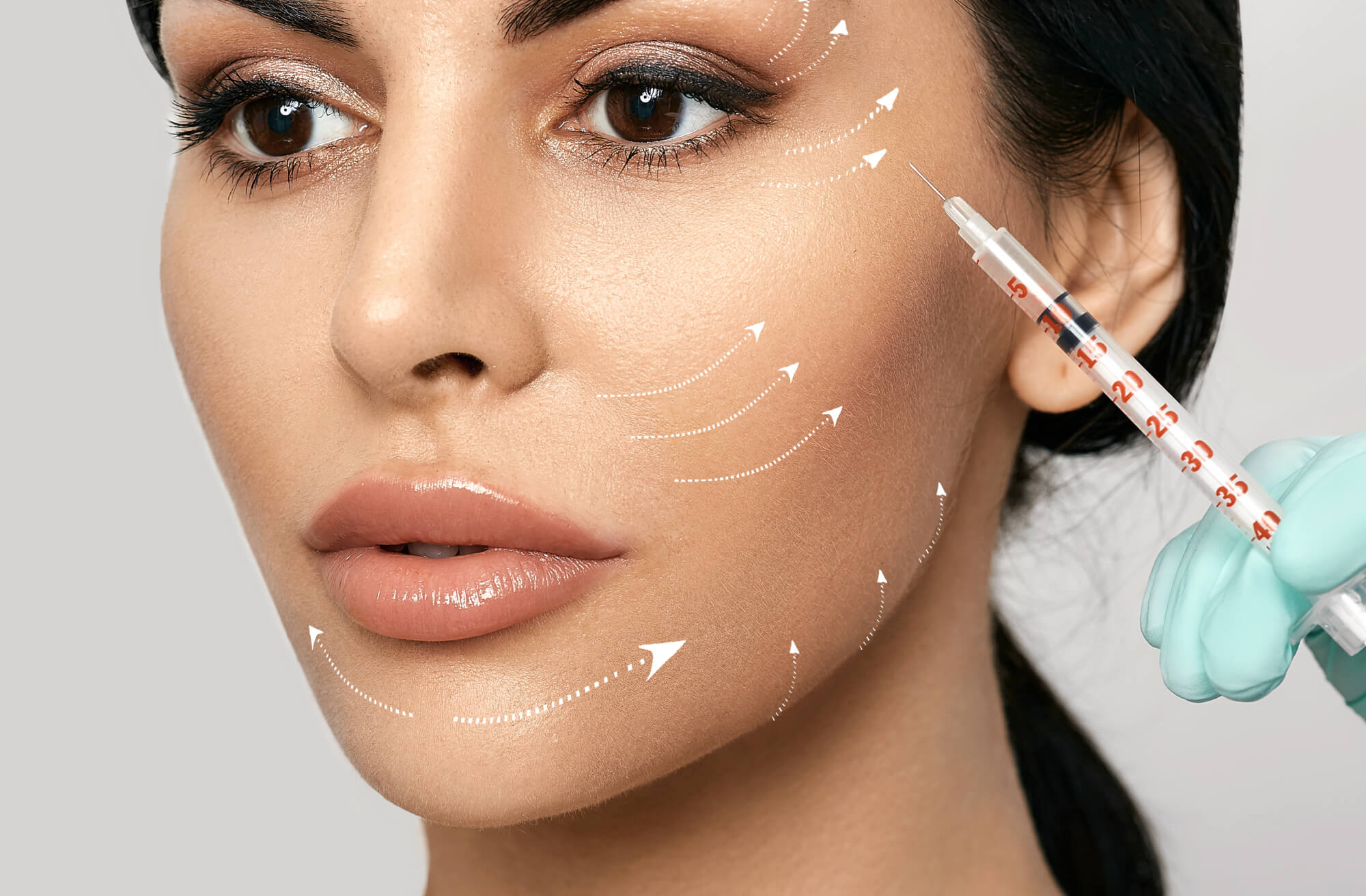


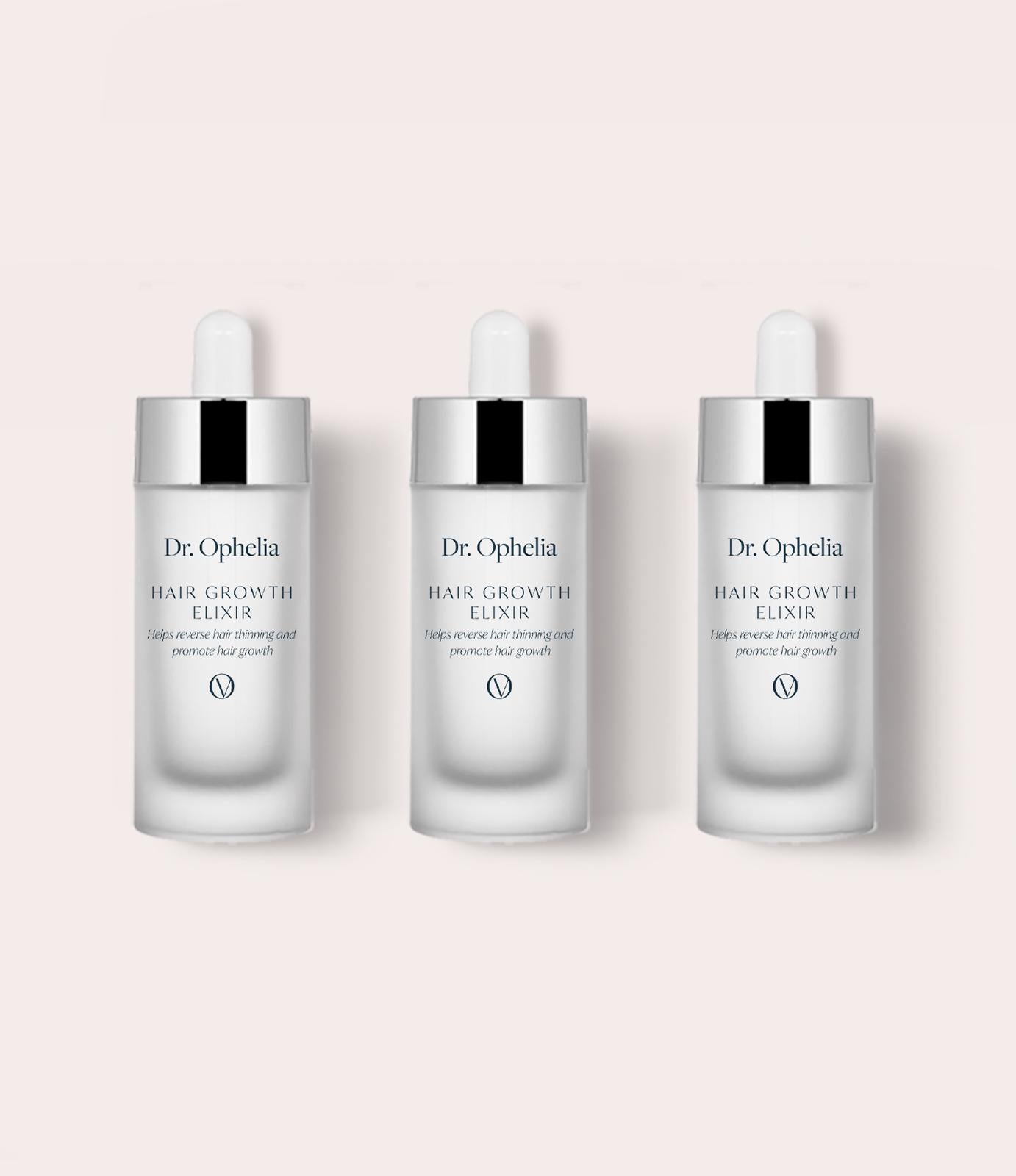

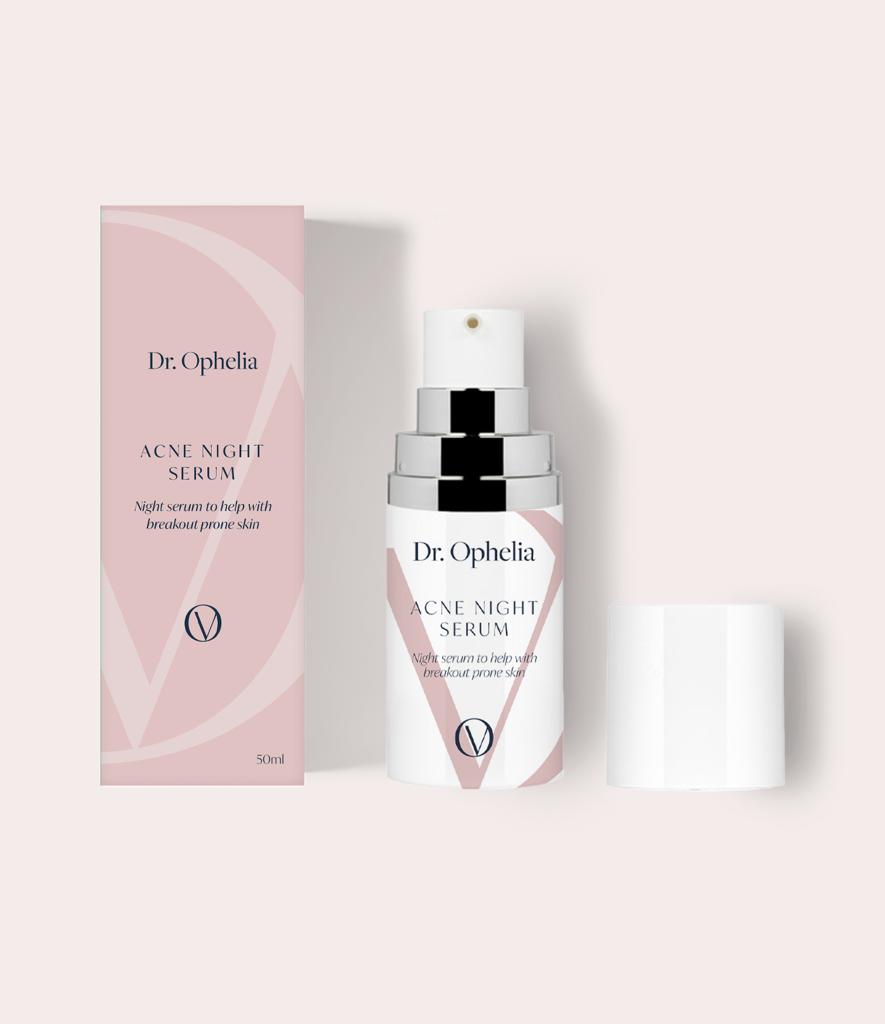
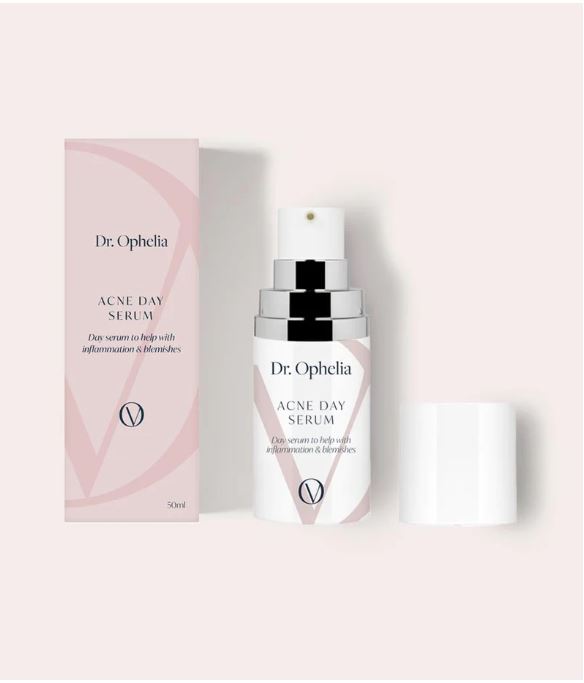
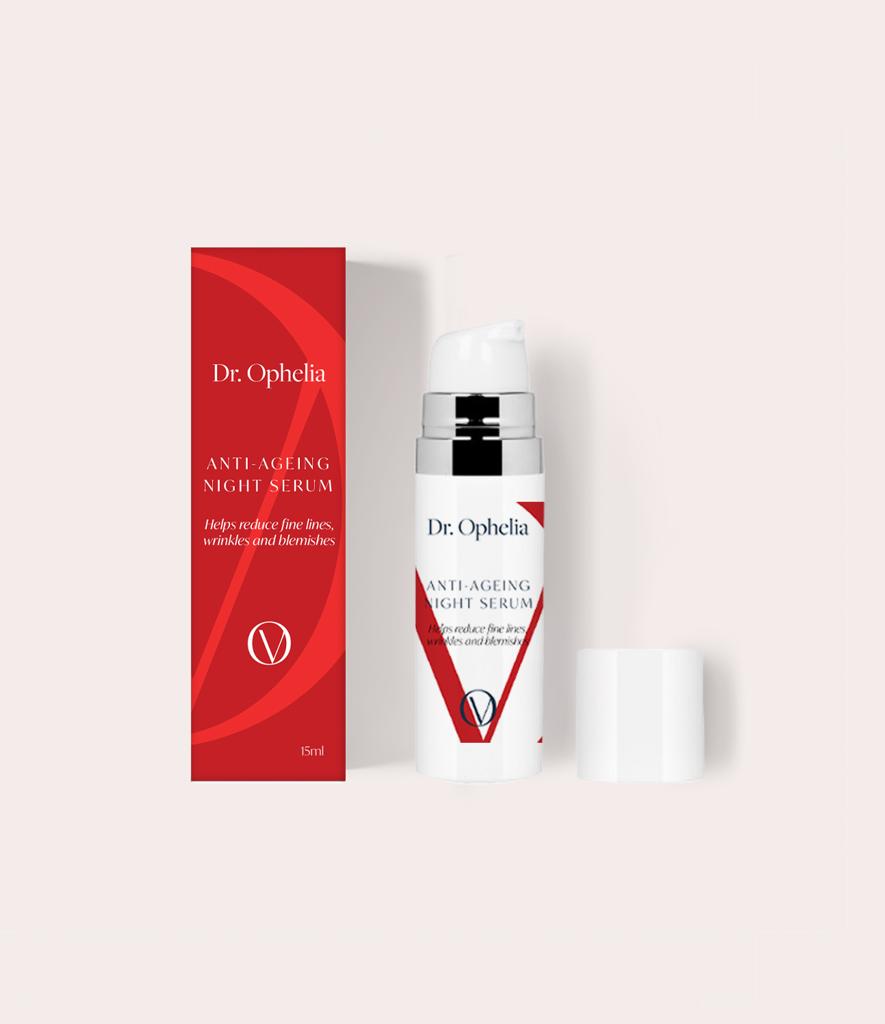
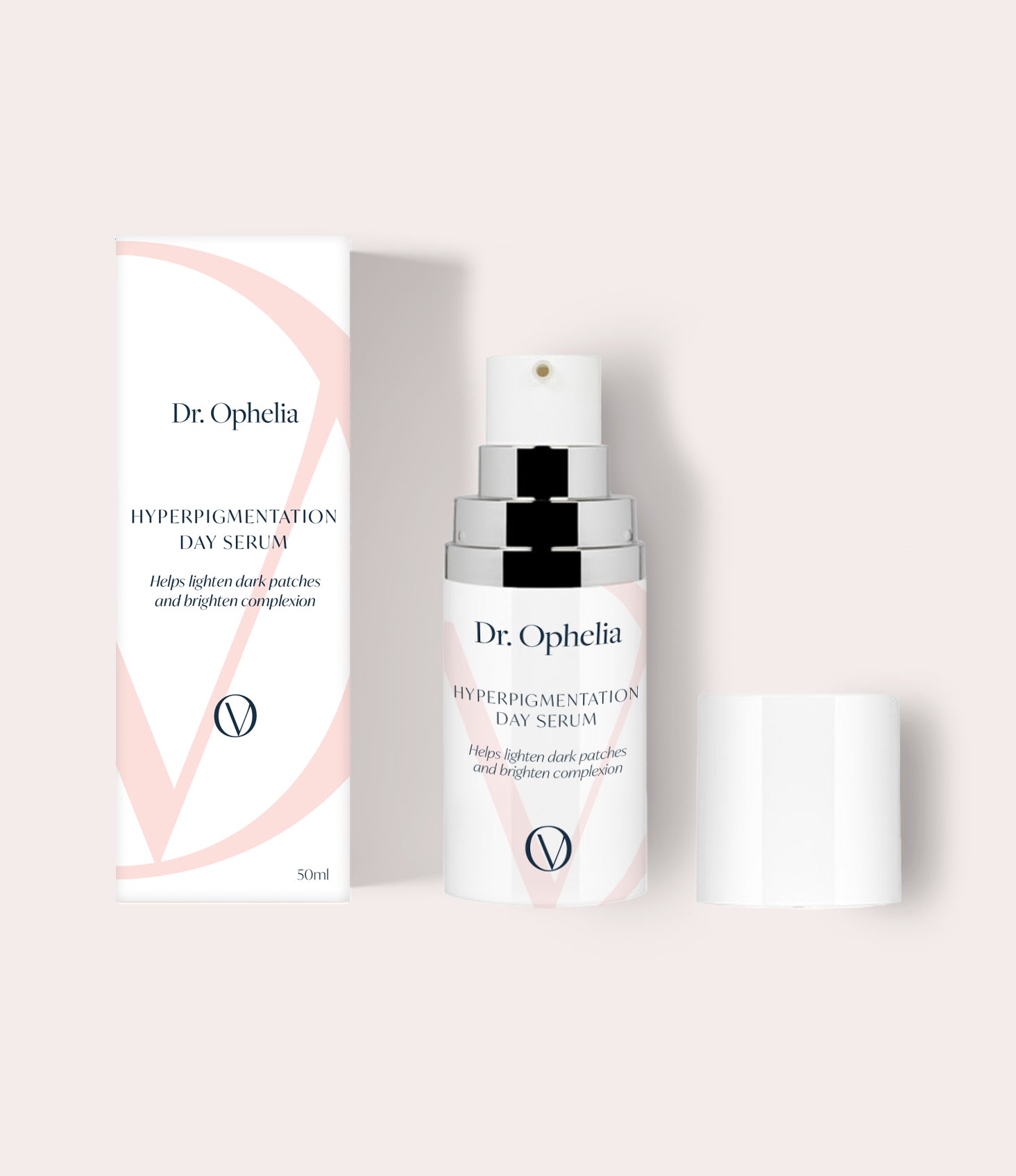
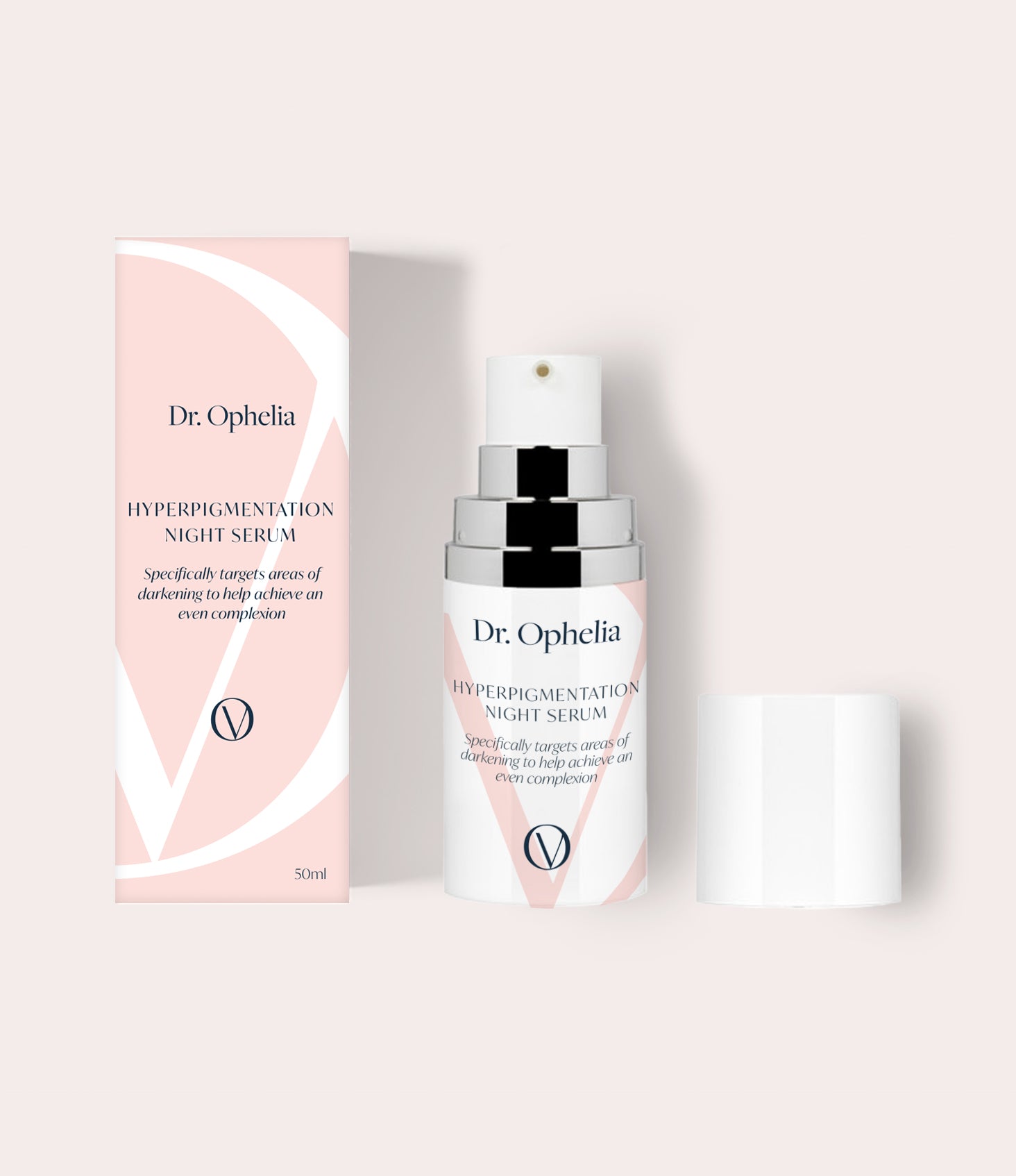
Leave a comment
This site is protected by hCaptcha and the hCaptcha Privacy Policy and Terms of Service apply.